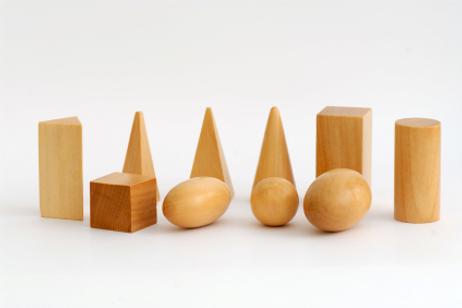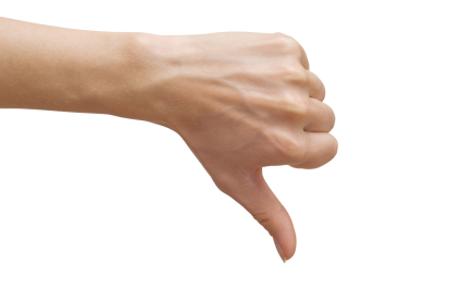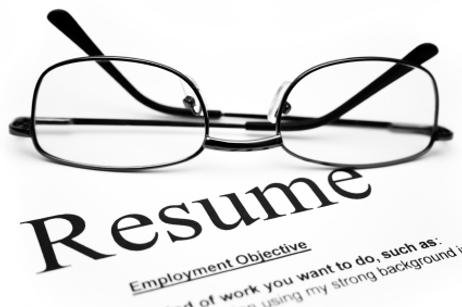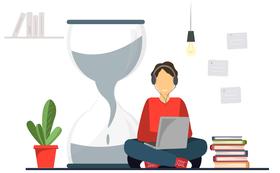Dr. Maria Montessori founded her Casa de Bambini in a poor neighborhood of Rome, Italy in 1906. She blazed new trails in early education by believing in the innate goodness of children, by encouraging children to be curious and to explore and by creating a teaching environment which followed the child.
Dr. Montessori's experiments and research ultimately produced a worldwide movement. Over 100 years later her findings and research have stood the test of time and have been validated by modern analysis and investigation. In the United States Montessori schools multiplied like rabbits from the 1960's and onwards. Unlike Dr. Montessori's schools which served poor children, most Montessori schools in North America educate children from the middle classes. Indeed the Montessori approach has been used with children in all kinds of situations. It is very adaptable to the needs of a wide range of children.
Dr. Montessori never trademarked the name Montessori nor did she claim any patents on her methodology. The result is that there are many Montessori schools out there claiming to be the real thing. Some schools may include elements of Dr. Montessori's methods and philosophy in their teaching. Other schools quietly sublimate the parts of Dr. Montessori's thinking which aren't perhaps appropriate in their setting. In short, there almost as many flavors of Montessori as there are schools. Not a bad thing in itself, but as always, do your due diligence. Caveat emptor!
Here are five things you should look for when


















-8okvj5w8m60w0ws40oocok84w-280.jpg)





